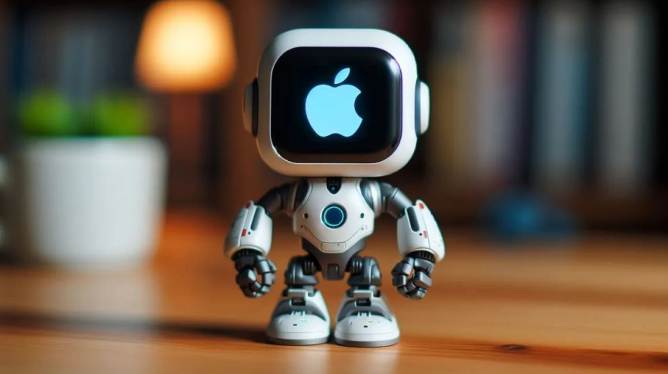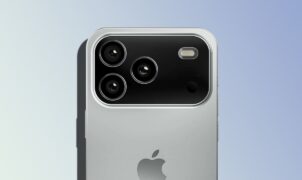TECH NEWS – The millions of cameras in China have already reached what the Cupertino-based company is now preparing, but it makes us feel a bit like George Orwell’s 1984…
Companies are trying to rely less and less on outside manufacturers and suppliers and bring as many parts as possible in-house. This not only reduces costs but also gives them more control over their processes. Earlier, there were rumors that the company was planning to add a security camera to its smart home product line. Now we can add to that when it might arrive and what new features Apple’s new product might have.
Ming-Chi Kuo said earlier that the smart camera could arrive from 2026 and the hardware will not disappoint in terms of sales. If this is true, Apple could move even more towards in-house manufacturing and expand its smart home product line. There is also a patent tied to Apple that would explain what the camera does. In short, it would not only have facial recognition, but it would also have additional capabilities because it would also store the physical characteristics of the body!
“A device performs facial recognition to identify the identity of the first person shown in an initial video feed. The device also identifies and stores physical characteristic information of the first person from the first video feed, wherein the stored information is associated with the identity of the first person based on the recognized face,” the patent reads. If the camera is unable to identify the face, it would be able to recognize the person based on clothing or body type. In principle, the data (such as clothing) would be stored temporarily and no personal data would be transmitted.
Apple has opted for AI-powered contextual awareness and will combine functionality with user privacy by only storing information that is more persistent over time, such as body shape, for better accuracy and identification. Although the patent refers to a potential security camera with Apple Intelligence features, this information should still be taken with a grain of salt: patents do not guarantee product launches and can only indicate potential innovation or experimentation.
We are sure to hear more about this next year.
















Leave a Reply